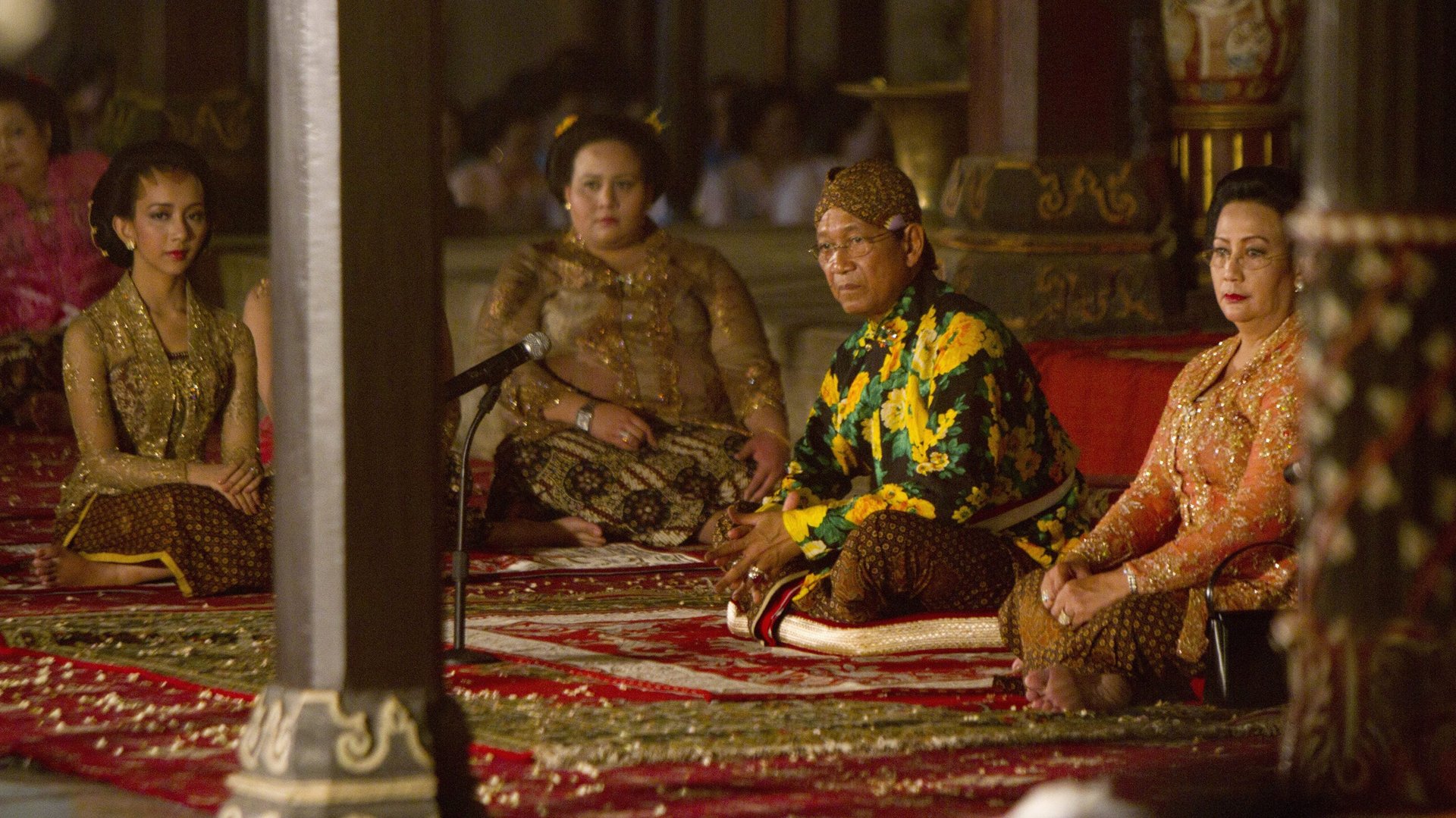A sultan’s choice of heir apparent is sparking debates about gender equality in Indonesia
People love gossiping about royalty, and Indonesians are no different. They’re currently enjoying an intriguing royal drama unfolding in the sultanate of Yogyakarta, in the center of Java Island.


People love gossiping about royalty, and Indonesians are no different. They’re currently enjoying an intriguing royal drama unfolding in the sultanate of Yogyakarta, in the center of Java Island.
The sultan, a Muslim with no sons, in early May named his eldest daughter, Mangkubumi, the crown princess and heir apparent. Other members of the royal family oppose the idea, saying it goes against regulations indicating the sultan should be male. They showed their opposition recently by refusing to attend the sultan’s 70th birthday ceremony. Meanwhile, some of the sultan’s half brothers might be jockeying to fill his position.
Hamengku Buwono X is the last sultan in Indonesia with any real political power. Other provinces also have sultans, but they play a largely ceremonial role, while elected political leaders run the government. In the 1940s the sultanate of Yogyakarta was allowed to keep its political power in return for its role in overthrowing Dutch colonial rule.
Today Yogyakarta is an important Javanese cultural center and tourist destination. The sultan lives in a sprawling traditional palace complex, known as a kraton, and enjoys the trappings of royalty. Important events—succession ceremonies no doubt among them—are marked by much pomp and circumstance, and overseen by the sultan.
The drama has brought attention to the sultan as a champion of gender equality, but his support for pluralism isn’t new. In 2012 he reacted to incidences of intolerance and violence by reading a manifesto on pluralism, urging Indonesians against violating each others’ civil rights. It read in part:
We, residents of Yogyakarta, turn down any intimidation and violent actions because intimidation and violent acts in the name of religious differences, ethnicity, groups, gender and ideology are not in line with the pluralistic principle.